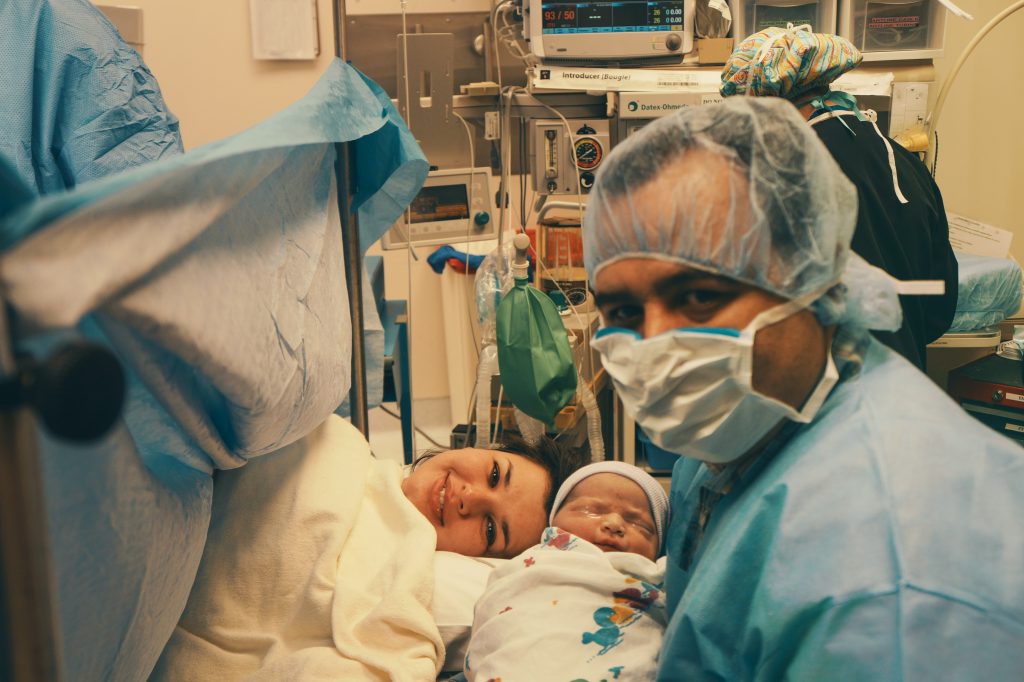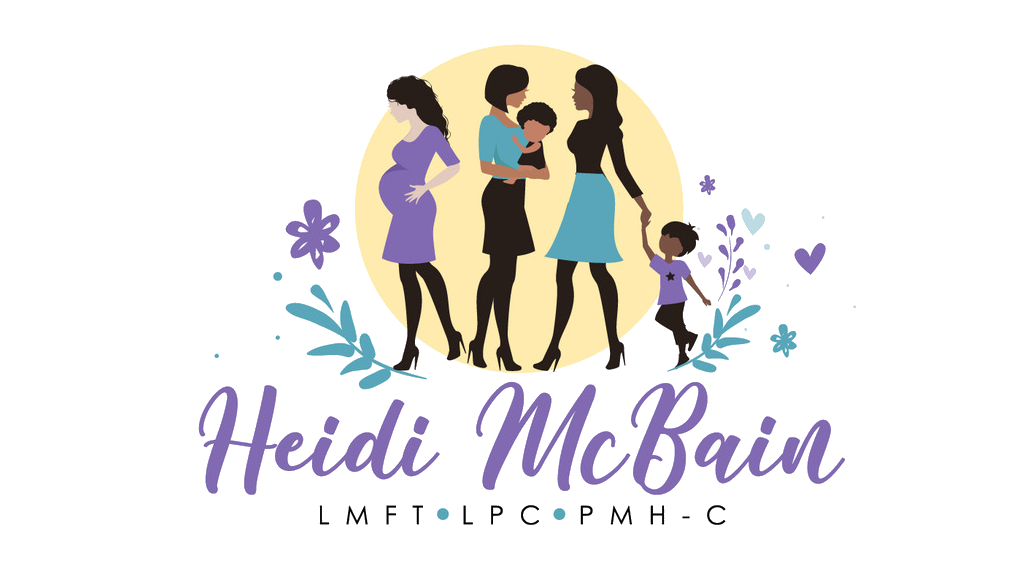
 In giving birth to our babies, we may find that we give birth to new possibilities within ourselves.
In giving birth to our babies, we may find that we give birth to new possibilities within ourselves.
-Myla and Jon Kabat-Zinn
I didn’t realize I had a traumatic birth with my daughter, my first child, until I gave birth to my son, my second child. When I compared the two births, there were night and day differences. Sometimes birth trauma is really easier to pinpoint, and at other times, as with my experience, it was much harder to define. Some of this for me was because it was my first birth experience, and I didn’t have anything else to compare it to. But in hindsight, my provider also could have done a better job of explaining what was happening in the moment, as well as making time to process what occurred afterwards as well.
Your birth story is an important starting point to your postpartum journey, and sharing your birth story with others may be part of the healing process for you. Many people do not have the birth experience they wanted or expected. It can be helpful to acknowledge this fact, while also focusing on the positive parts of this experience as well.
It’s also important to recognize that traumatic births do happen, and they may even happen more often than we realize, as this isn’t a topic often discussed with others.
- Birth trauma can be defined as any time during your birth experience that you felt scared or even terrified.
This can be a big a T Trauma like almost dying during child birth because of a medial complication or a little t trauma like a lot of medical personnel coming into the room without explanation. Keep in mind that partners can be traumatized by parts of the birth experience too, especially if something didn’t go as planned.
You may also be grieving parts of your birth experience. Often our expectations and reality don’t match up, so our experiences can be very different from the hopes and dreams put on your ideal birth plan. You are allowed to feel sad about not having the birth you wanted, while also feeling happy about your new baby and this special time in your lives. You can hold these two seemingly opposite emotions at the same time.
Here are some things you may be grieving from your birth experience:
- Not having your doctor or midwife of choice deliver your baby (I experienced this with my first child).
- Needing a C-section when you planned on delivering naturally
- Having an unexpected medical issue arise
- Having to be knocked out with medication because your distress level was too high during delivery
- Not feeling heard by your doctor, midwife or other staff members
- Not having your needs taken into consideration
- Not feeling cared for by the doctor, midwife or other staff
- Not delivering in your chosen location- the hospital, a birthing center, at home
- Having a traumatic delivery
- Having a baby that needed to stay in the NICU
- Delivering your baby earlier or later than your due date
- Having heightened anxiety about the birth itself, pain, needle phobia, etc.
- Not having the birth you planned for, be it natural, with an epidural, or a scheduled C-section
- Wishing you had chosen a different doctor or midwife
- Wishing you had used a doula and/or hired a birth photographer, or had used someone else entirely for these services, if at all
- Wishing you had had more of a support system with you at the hospital, or had more/less hospital visitors
- Added stress around the time of year of the delivery- was it hard to get to the hospital/birthing center because of the weather?
- Global pandemic stressors
- Your partner not showing up emotionally the way you thought they would
- Older children not responding to the new baby in an easy way
Take some time and think about what are you grieving from your own birth experience.
Healing from birth isn’t just a physical endeavor. It’s a mental and emotional one too. Sharing your birth story, even one that involves birth trauma, can be very healing to you and others. It can help you to feel less alone as you grieve the loss of the birth you wanted, and move towards fully embracing the birth you actually experienced.



